BOONE, N.C. — In their commitments to sustainability, Appalachian State University students are focused on environmental service during Alternative Fall Break trips this month, while also striving to keep carbon emissions low.
Appalachian students have worked to offset carbon emissions before, beginning with an Outdoor Programs trip to New Zealand in 2008 and most recently a summer service-learning trip to Wales. In both trips, students learned about the country and performed environmentally based service-learning projects. They also calculated how much carbon they used to travel and do every-day activities. The Wales group planted trees at Elk Knob State Park to offset their carbon emissions.
Those expeditions have inspired leaders of alternative breaks to incorporate carbon-neutrality in trips closer to home. "This is something we are doing for the first time. It will be more of a 'guesstimation' this year because of new trips. We don't know exactly what kind of travel will be involved, what kind of housing will be provided or what kind of meals the students will eat," said Kate Johnson, assistant director in Student Programs' ACT office (Appalachian and the Community Together).
This year's trips will last from Oct. 21-24. They are:
- Cape Romain Wildlife Refuge in Awendaw, S.C.—Students will participate in a variety of service during the week, including trail maintenance, beach clean-up, wildlife interaction, boundary marking, and other activities geared toward helping this sensitive ecosystem on the South Carolina coast.
- The JOBS Project in Williamson, W.Va.—Students will explore the Appalachian community and delve into issues like sustainability, clean energy, mountaintop removal and much more. They will also help local community agencies through environmental cleanup, gardening and learning about the solar energy jobs being created in the area.
- Backpacking and Service in Grayson Highlands State Park, Va.—Students will team up for a four-day service expedition to the Mt. Rogers National Recreation Area, the highest point in Virginia. They will experience the beautiful Southwest Virginia Highlands as they backpack across Appalachian Balds, walk with wild horses and gain valuable service experience with Grayson Highlands State Park, all while enjoying some of the most rewarding vistas in the Southeast. Students will work alongside the park's rangers to prepare the park for winter and help maintain the Appalachian Trail.
Emily Schrecker, an AmeriCorps-VISTA volunteer working with ACT, said that student interest in these kinds of alternative break trips has increased. "The trips are fun and students are looking to do good, meet new people and do something meaningful with their time," she said.
For fall and spring break, domestic and international trips have expanded in recent years. "Demand has increased and we've worked to expand our trips to meet that demand," said Megan Corkery, a graduate student working with the Alternative Spring Break (ASB) program. Corkery oversees the international trips of ASB.
"We had 16 domestic and seven international trips last year. This year, we have 17 domestic and nine international trips being planned. Students get to experience culture and do something of meaning instead of a typical spring break trip. They get an opportunity to see the real cultural sides of the countries they visit rather than the normal touristy areas," she said.
Student interest in and demand for international spring break trips has increased in recent years. Last year, students traveled to Egypt, Belize, Guatemala, Costa Rica and other destinations for service work.
Plan now for 2011 Alternative Spring Break
Planning has already begun for the 2011 Alternative Spring Break. Information sessions for students will be held in early to mid-November. For more information about the Alternative Break programs, contact Johnson at [email protected] or 828-262-3032.
What do you think?
Share your feedback on this story.
About Sustainability and Energy Management at App State
Appalachian State University’s leadership in sustainability is known nationally. The university’s holistic, three-branched approach considers sustainability economically, environmentally and equitably in relationship to the planet’s co-inhabitants. The university is an active steward of the state’s interconnected financial, cultural and natural resources and challenges students and others think critically and creatively about sustainability and what it means from the smallest individual action to the most broad-based applications. The university offers both undergraduate and graduate academic degree programs that focus on sustainability. In addition, 100 percent of Appalachian’s academic departments offer at least one sustainability course or course that includes sustainability, and all students graduate from programs that have adopted at least one sustainability learning outcome. Learn more at https://appstate.edu/sustainability.
About Appalachian State University
As a premier public institution, Appalachian State University prepares students to lead purposeful lives. App State is one of 17 campuses in the University of North Carolina System, with a national reputation for innovative teaching and opening access to a high-quality, cost-effective education. The university enrolls more than 21,000 students, has a low student-to-faculty ratio and offers more than 150 undergraduate and 80 graduate majors at its Boone and Hickory campuses and through App State Online. Learn more at https://www.appstate.edu.
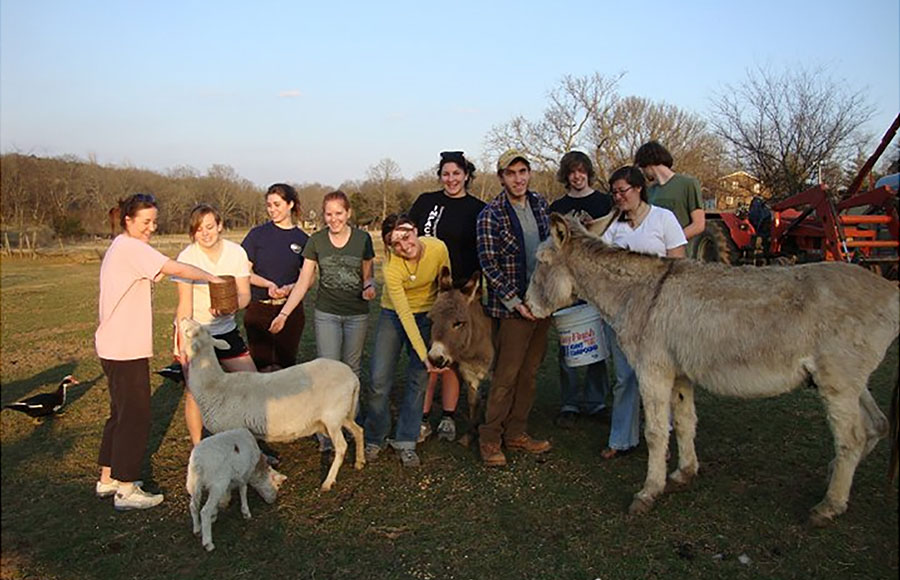

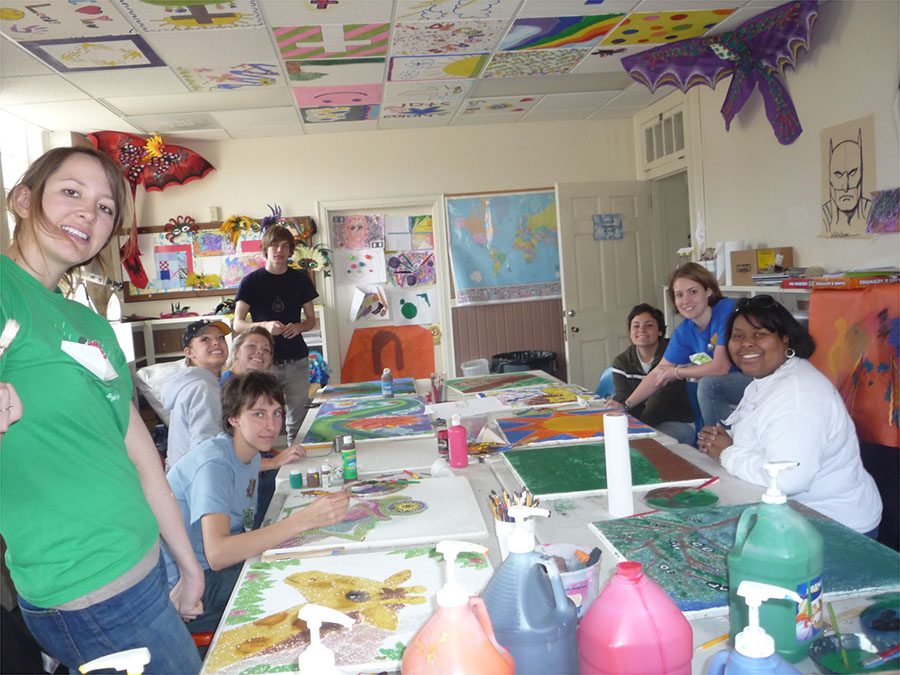
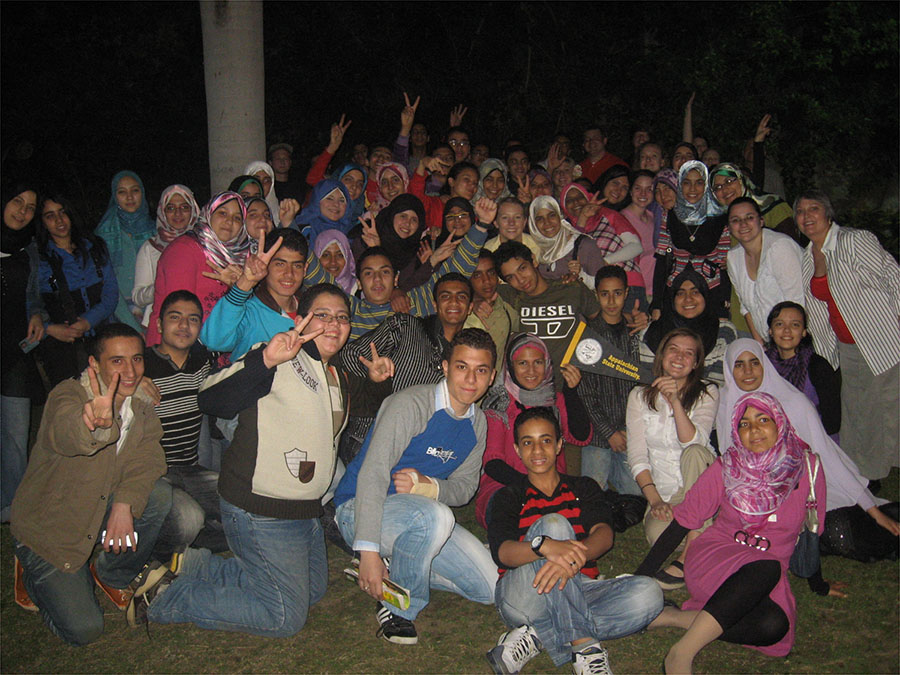
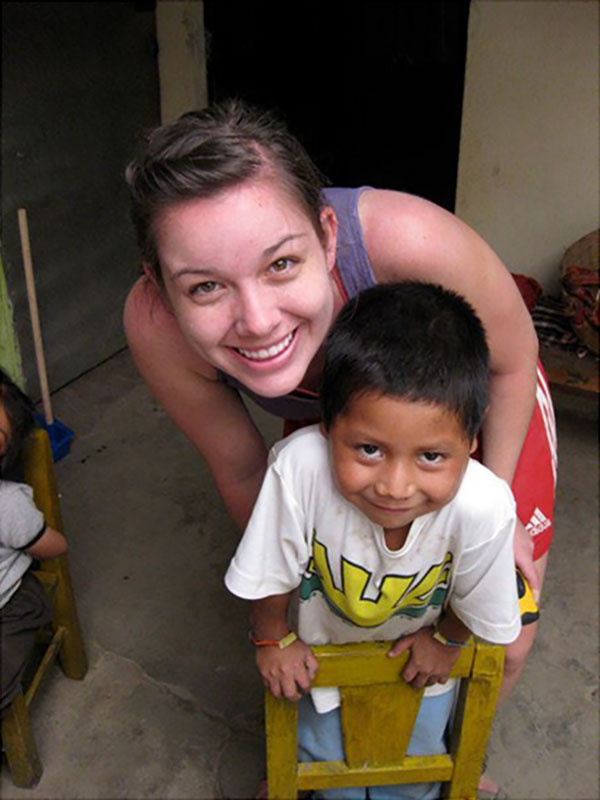
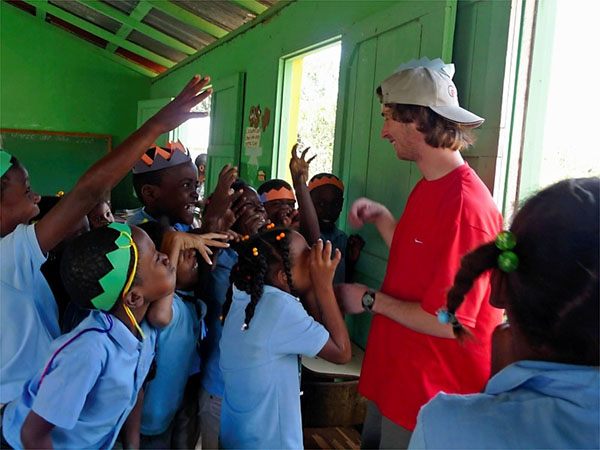

![How NCInnovation Is Rethinking Economic Development in North Carolina [faculty featured]](/_images/_posts/2026/02/rethinking-economic-development-600x400.jpg)









